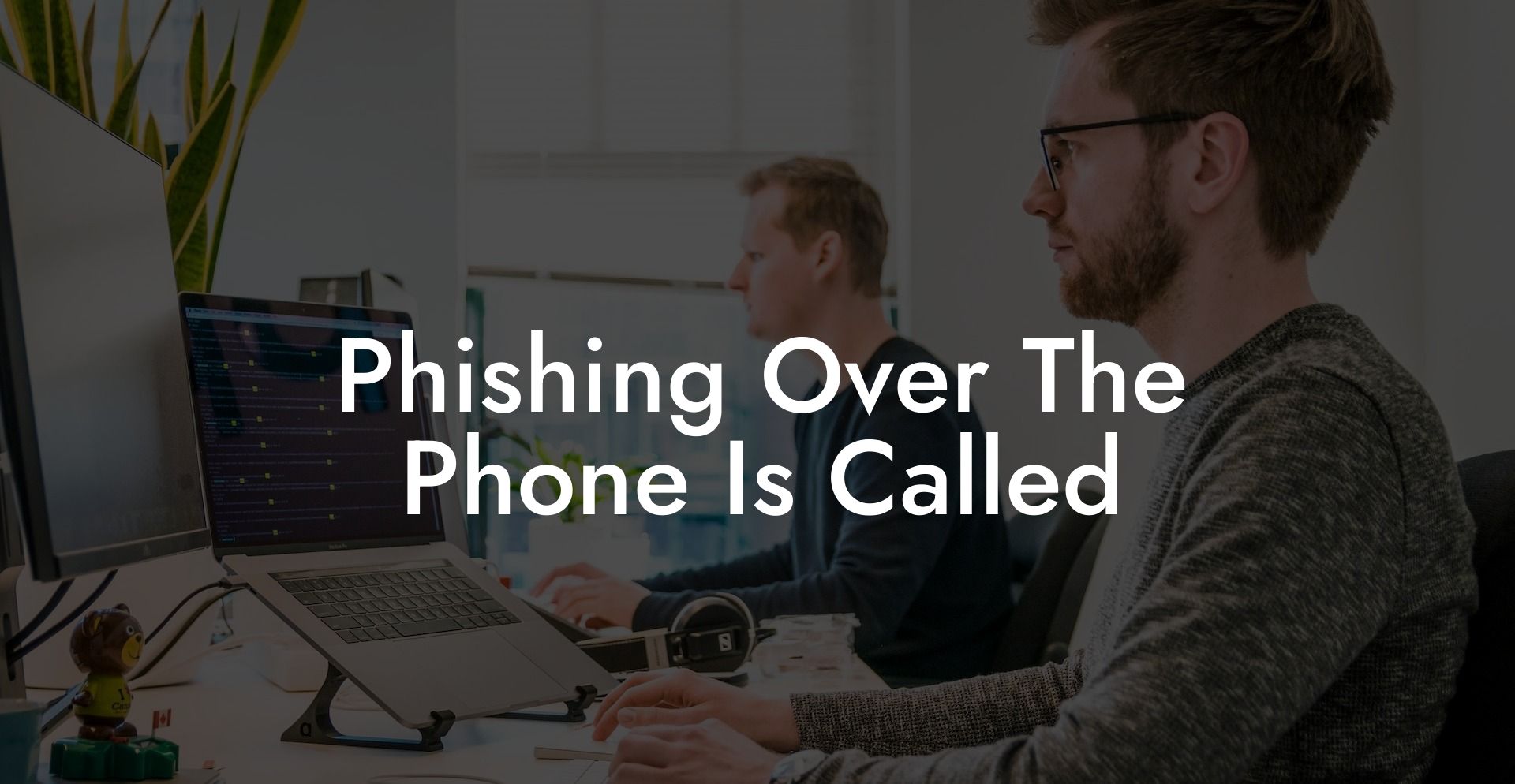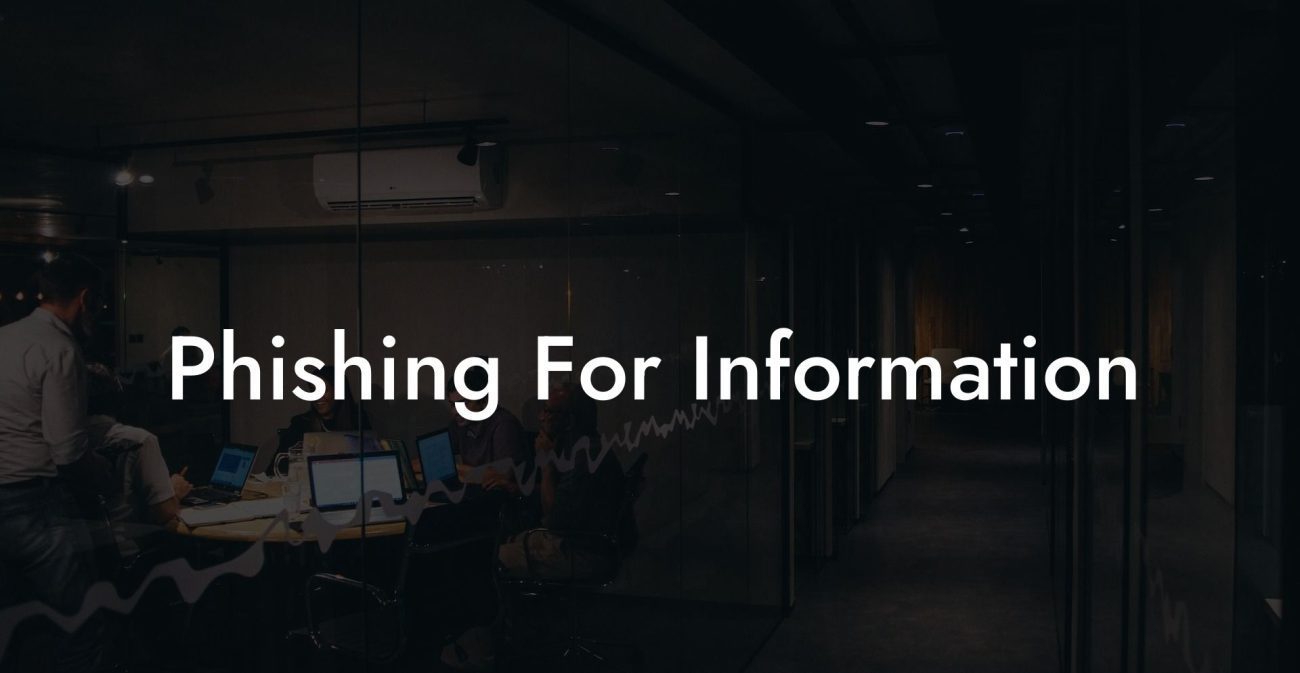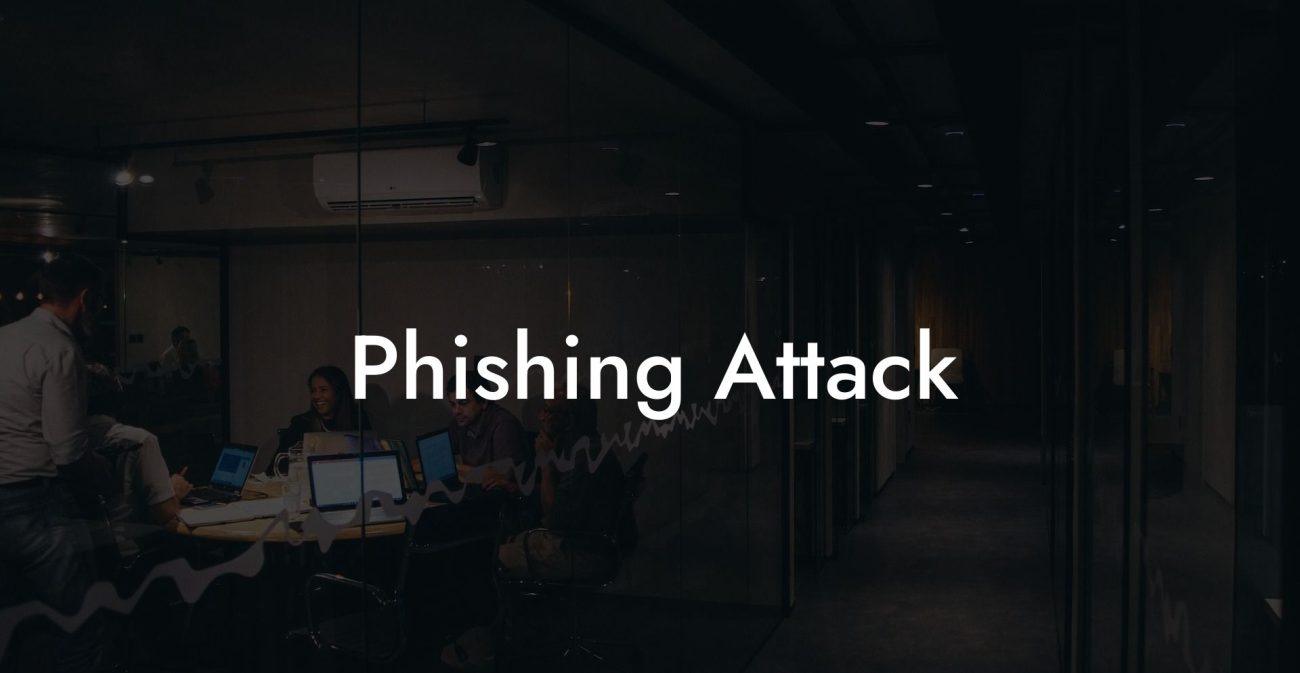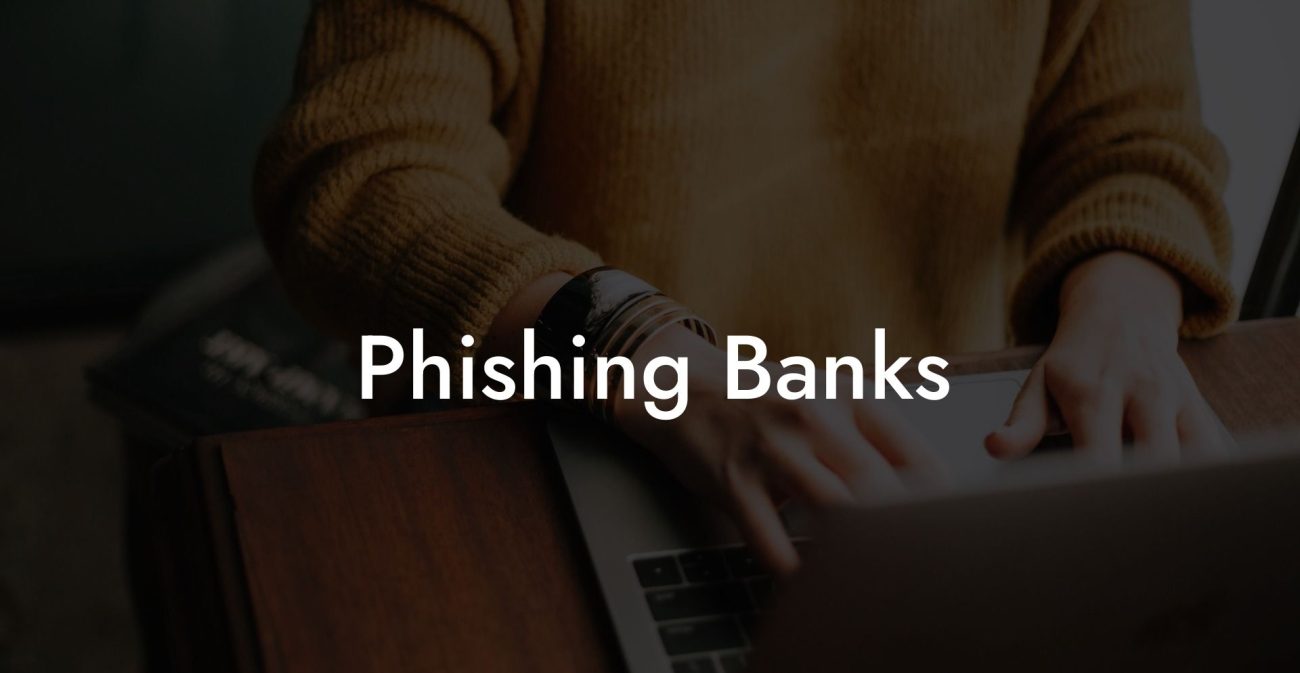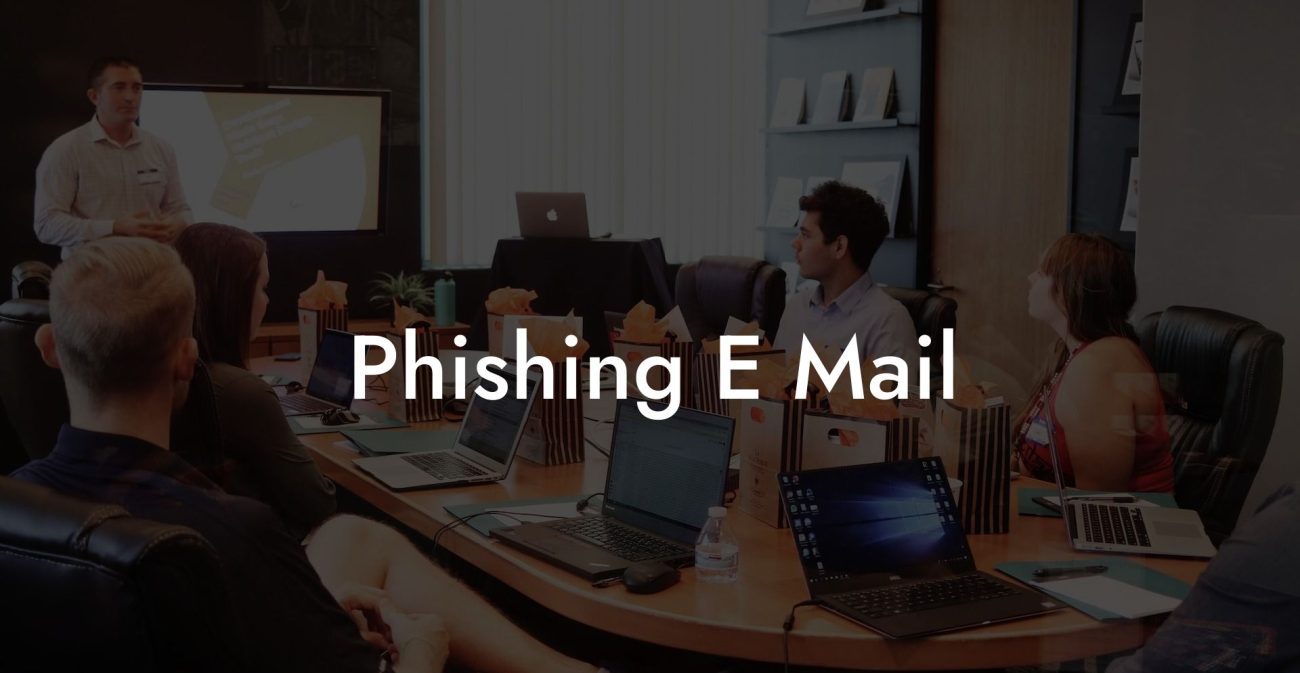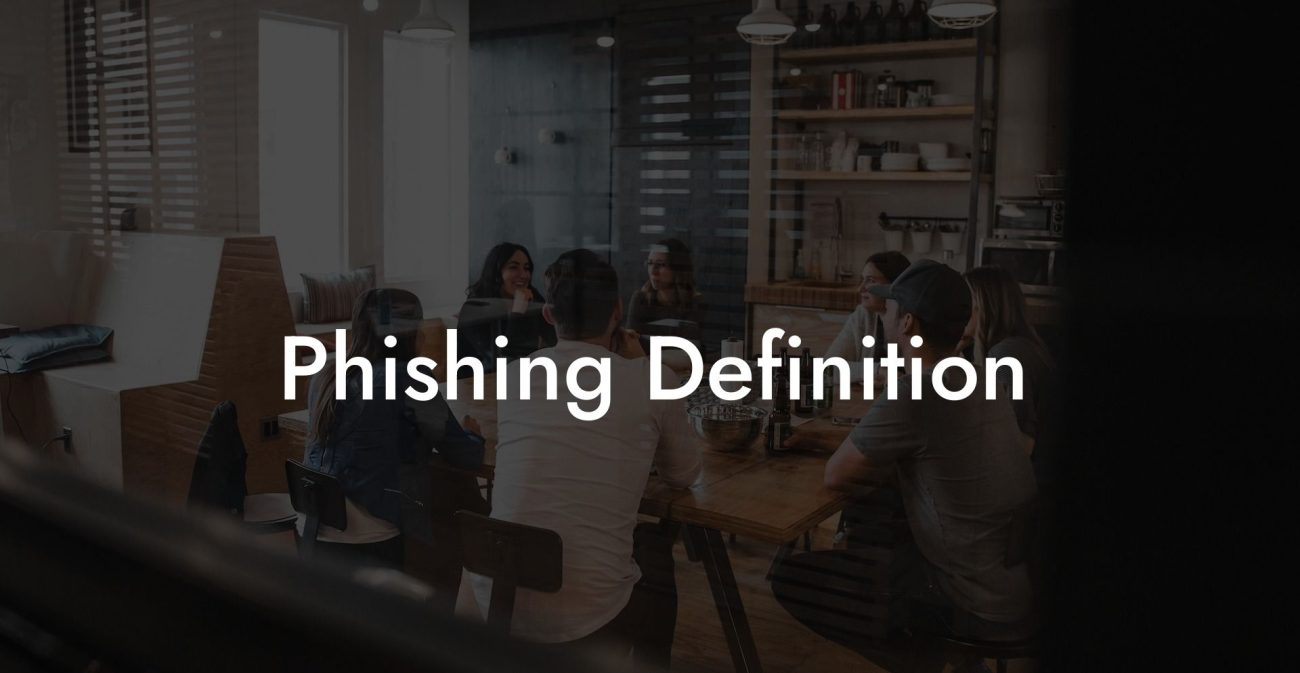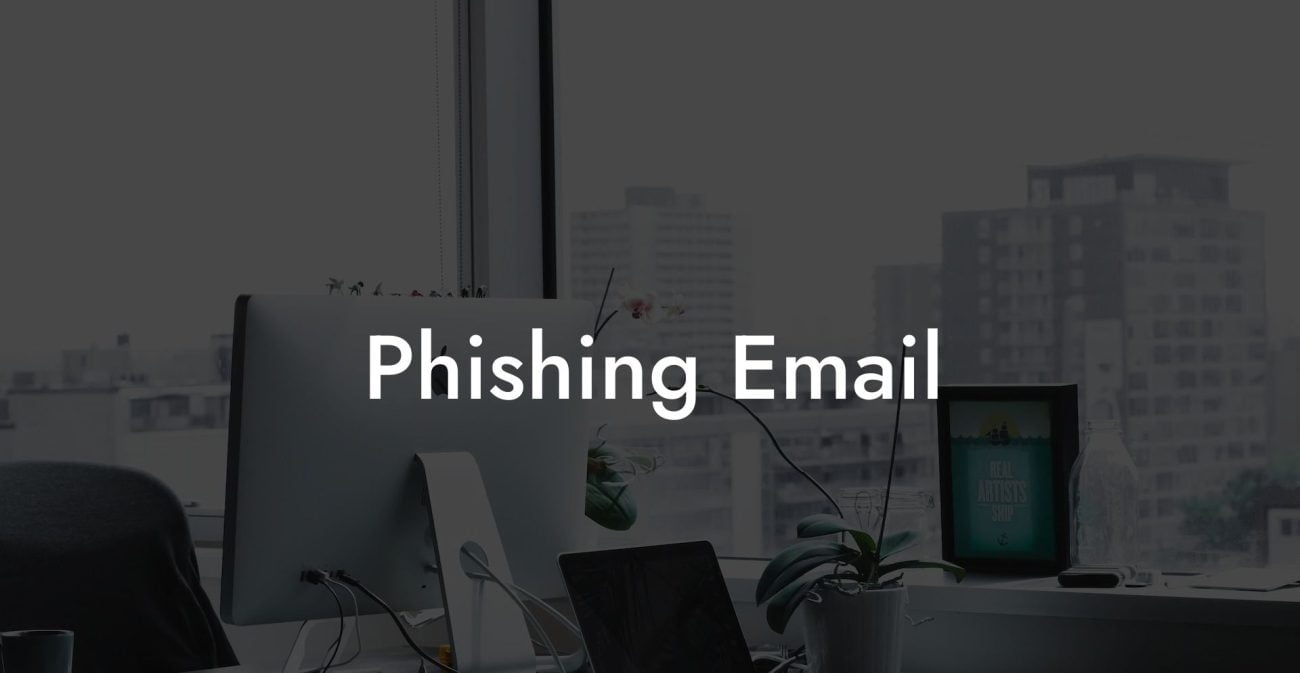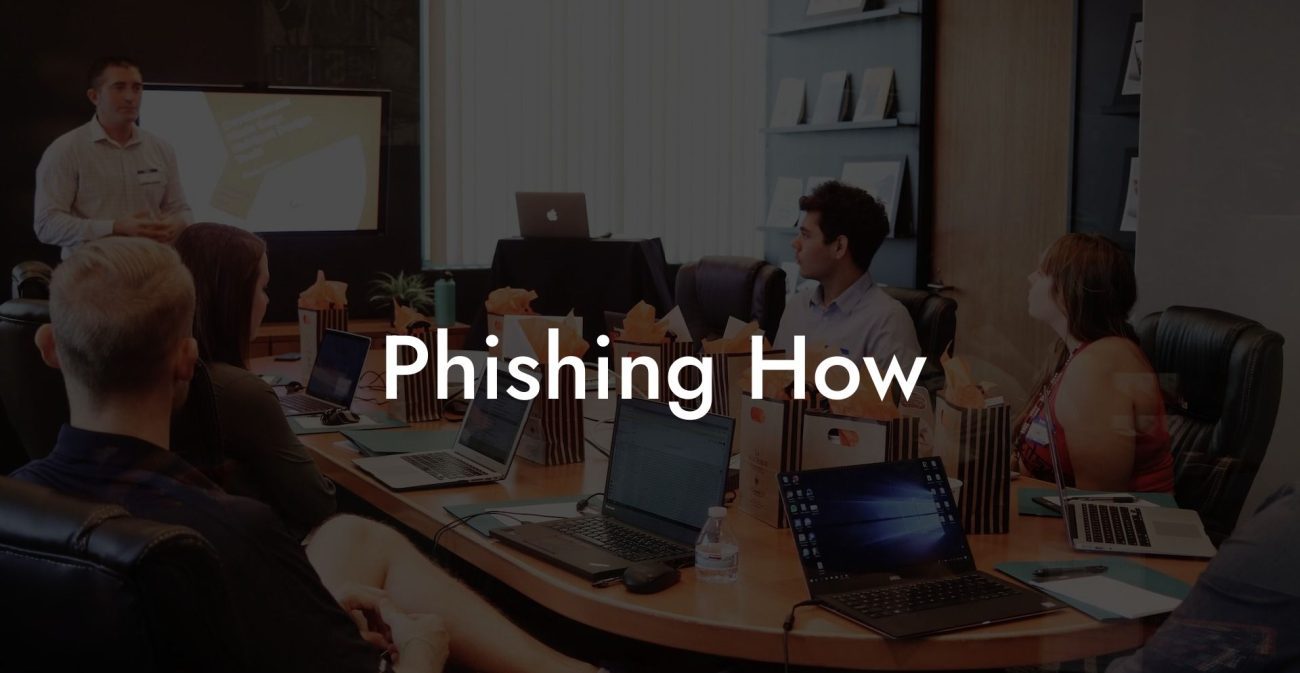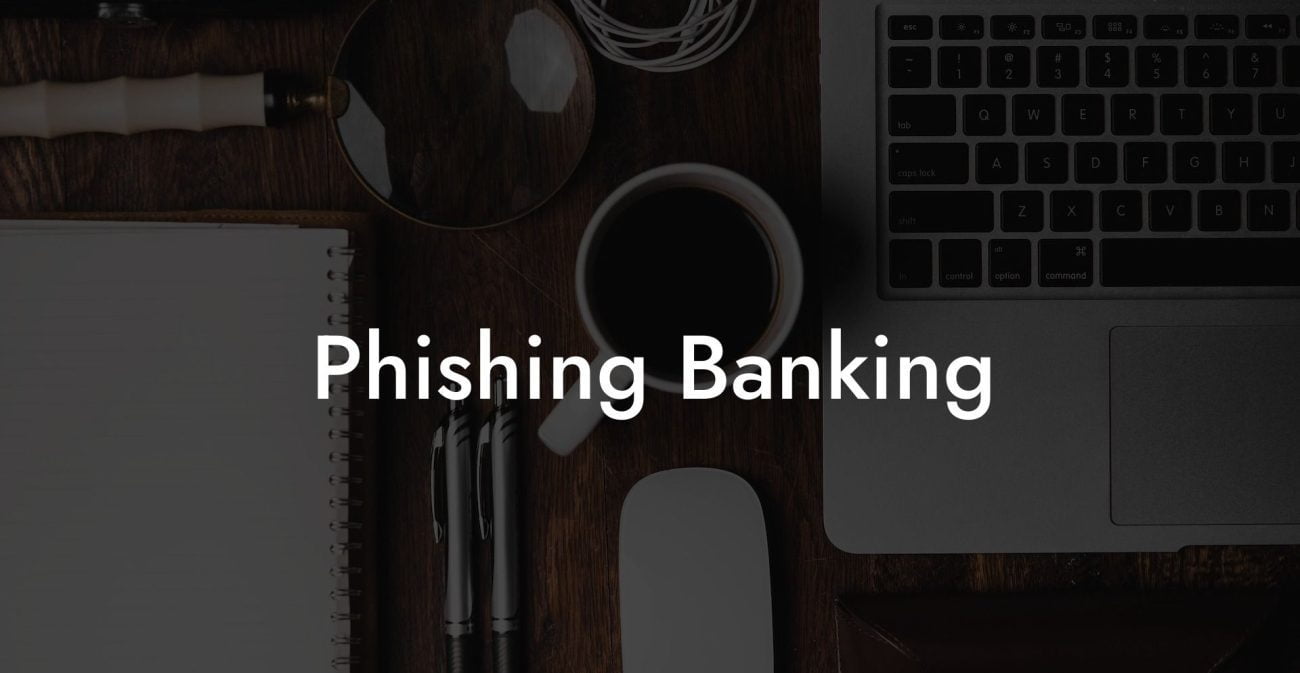Technology is constantly changing and evolving, and with it comes a myriad of challenges and opportunities. Some people choose to exploit these opportunities for malicious purposes, such as tricking others into revealing sensitive information. One such scheme is voice phishing or vishing, and it has become a booming business for cybercriminals. Vishing is a widespread problem affecting both individuals and businesses daily. In this comprehensive guide, we will dive into the depths of voice phishing, understand its various tactics, reveal its devastating effects, and arm you with proven strategies to protect yourself and your loved ones. So, stay tuned and acquire the power of knowledge to combat this evolving threat!
Phishing Over The Phone Is Called Table of Contents
Types of Voice Phishing Attacks:
What is Voice Phishing?
Voice phishing—also known as vishing—is the practice of using phone calls or Voice over Internet Protocol (VoIP) services to manipulate individuals into revealing sensitive information such as their passwords, credit card details, and Social Security numbers. Cybercriminals typically employ a replicating caller ID or forge phone numbers to appear legitimate and trustworthy, eventually exploiting the victim's trust.
Types of Voice Phishing Attacks:
Protect Your Data Today With a Secure Password Manager. Our Top Password Managers:
Two primary types of vishing attacks can cause substantial damage:
1. Impersonating Legitimate Entities: Criminals pretend to represent well-known organizations such as banks, credit card companies, or government institutions like the IRS. They may also use urgent scenarios such as fraudulent transactions or account breaches, forcing victims to share sensitive information in panic.
2. Tech Support Scams: Another common vishing scheme involves posing as customer service agents or technical support personnel from reputable tech firms. By claiming that the victims' devices have been infected with malware, scammers convince their targets to grant remote access, install unwanted software, or pay fraudulent charges for unnecessary services.
Phishing Over The Phone Is Called Example
Imagine receiving a phone call from a supposed bank representative claiming that your account has been compromised. They inform you that some unauthorized transactions have taken place and that your account has been temporarily frozen. The representative then asks you to verify your account by providing your username, password, and Social Security number.
An unsuspecting person might share this sensitive information, trusting that the individual on the other end is working for their best interests. However, once the details are shared, the scammer can gain access and control over the individual's financial accounts, resulting in theft, identity fraud, or worse.
Preventive Measures
Here are some critical steps to shield yourself and others from voice phishing attacks:
1. Verify the Caller's Identity: Be skeptical about unsolicited calls, even if the displayed number looks credible. You can ask the caller for their credentials or, preferably, hang up and reach out to the relevant organization using their official contact details.
2. Never Share Sensitive Information: Reputable organizations never ask for sensitive information over phone calls. If asked, avoid sharing any information that may jeopardize your accounts, identity, or personal data.
3. Stay Informed: Regularly update yourself on the latest phishing and fraud alert warnings to avoid potential threats proactively.
4. Secure Your Phone: Installing security software on your mobile devices can protect you from a range of cyber threats. Additionally, keep your devices up-to-date with the latest patches and security enhancements.
5. Report Suspicious Calls: Inform the organizations being impersonated and report suspected scam calls to the relevant authorities, such as the Federal Communications Commission (FCC) or the Federal Trade Commission (FTC).
Voice phishing is a menace that continues to exploit human vulnerability, fueled by advancements in technology. However, armed with the knowledge acquired from this comprehensive guide, you can now navigate the dangerous waters of vishing with increased confidence! Protect yourself and your loved ones by sharing this post with your friends and family, and don't forget to explore other related guides on our blog for further insights on online security and privacy. Stay vigilant, and remember always to trust but verify!
Protect Your Data Today With a Secure Password Manager. Our Top Password Managers:

